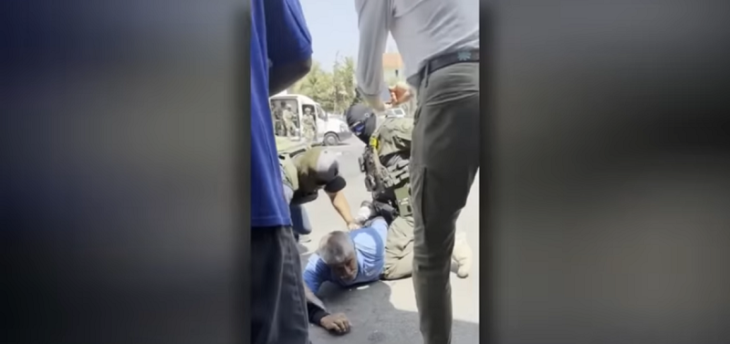The Board of Supervisors voted Tuesday to create a “bill of rights” for foster youth that lays out rights, resources and services available to kids and their foster parents.
California has its own such bill, but county officials said it’s outdated and doesn’t include county programs.
Supervisor Janice Hahn championed the move.
“The former foster youth who spoke at (Tuesday’s) meeting told us how frustrating it can be maneuvering the foster care system when you do not know your own rights or the resources available to you,” Hahn said. “This bill of rights will be a way for both foster youth and foster parents to know every tool, service and program that has been created to support them.”
Examples include a policy that allows social workers to act in lieu of a parent to help a foster child get a driver’s license and the fact that foster youth have access to MediCal until age 26.
Six current and former foster youth will join the bill of rights working group. Hahn had originally proposed two representatives but upped the total based on feedback at the board meeting.
The group, to be led by the Department of Children and Family Services, is also expected to include county lawyers, mental health workers, probation officers, health care professionals and representatives of various community- based organizations.
Advocates said that concerns about navigating the foster care system deter some potential foster parents at a time when the need is great.
Others noted the complexities of the foster care system.
“I’m a 40-something-year-old woman, a lawyer and a mom. I’ve worked and volunteered in the child welfare system for over 15 years and I still struggle to keep up with what the laws are,” Wende Nichols-Julien told the board. “The people within the system, the people affected by these laws deserve to know what the laws say.”
In Nichols-Julien’s case, understanding the laws helped a girl she was mentoring avoid moving into a group home while she was working to reunite with her family.
A state effort to reform foster care requires that foster youth have access to specialized mental health treatment, transitional support as they move from foster to permanent home placement, connections with siblings and extended family members and transportation to school.
Roughly 35,000 children and young adults receive child welfare services from the Department of Children and Family Services. A little less than half live outside their homes in a foster care or group home.
A report back is expected in 120 days.






















